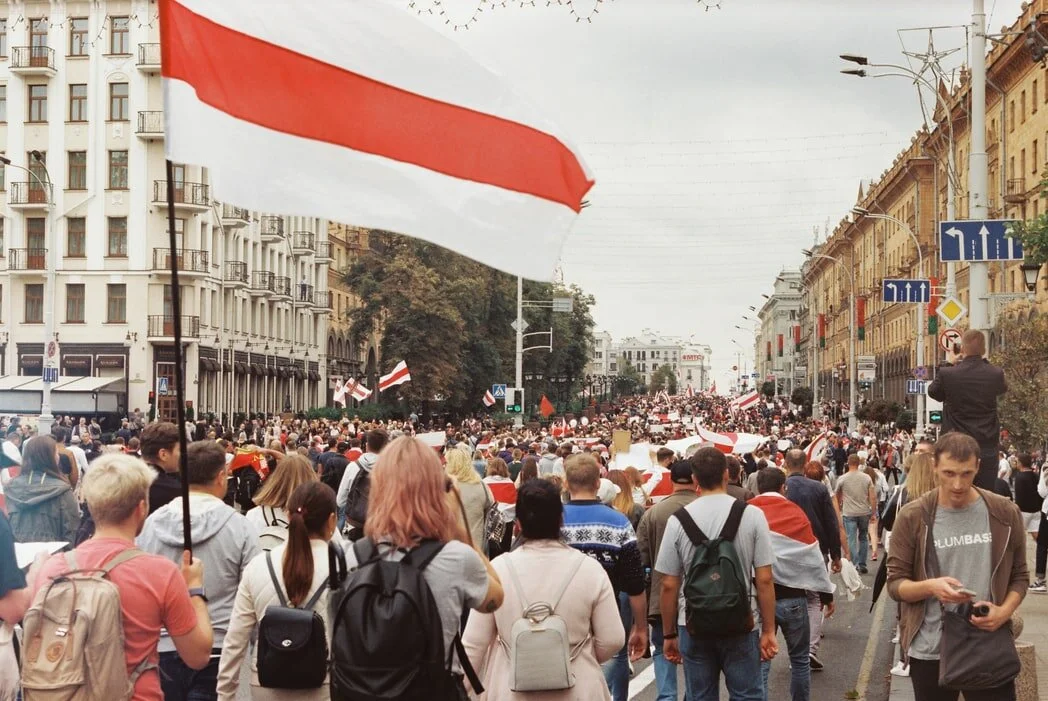The New Zealand End of Life Choice Act: The Progressive Complications of Euthanasia
New Zealanders suffering from terminal illnesses now have the option to end their life with the assistance of physicians under the country’s recent referendum on the legalisation of euthanasia. The October referendum, held in conjunction with a General Election which re-elected incumbent Labour Prime Minister Jacinda Ardern in a landslide, put both the legalisation of cannabis and euthanasia up to the public to decide. The former was not legalised by a narrow sliver of votes. However, 65.2% of voters chose to legalise euthanasia under the End of Life Choice Act of 2019 in an overwhelming majority. This Act, which will be nationally implemented in 2021, legalises assisted dying for mentally sound patients suffering from terminal illnesses with the consent of at least two physicians. Assisted dying is defined in the bill as both assisted suicide, in which physicians provide a lethal dosage of drugs which is taken by the patient, and euthanasia, in which medical practitioners themselves administer the drugs. However, this does not come without controversy and concerns have been raised regarding the seemingly progressive nature of this policy.
New Zealand, the small island state in the Southwest Pacific of almost 5 million inhabitants, is heralded by many as one of the most progressive nations on Earth. This is a result of its extraordinarily high rankings in socially progressive values such as press freedom and gender equality and its unique pushes in recent years towards taking strong measures to combat climate change. These progressive policies are propagated to the centre of the world’s attention primarily due to the media frenzy around Ms Ardern endearingly dubbed Jacindamania. It should therefore not come as a surprise that the current government would introduce progressive measures on a referendum in its attempt to further develop the nation.
Only being the seventh nation in the world to legalise assisted suicide and euthanasia, the End of Life Choice Act overturns an article in the New Zealand Crimes Act of 1961 which banned any form of aiding and abetting suicide. It also succeeds where two prior legislative attempts in 1995 and 2003 to decriminalise physician-assisted suicide failed to get past Parliament.
Introduced in 2015 by the leader of the right-wing libertarian ACT party David Seymour, the newly-adopted legislation passed through three readings in Parliament before being put up to the public to decide in the referendum. Whilst it did have its detractors, shown by domestic opposition of thousands in Christchurch protesting the referendum, the general absence of divided partisanship regarding the act did not go unnoticed. The bill, initiated by a small right-wing party, garnered prevalent mainstream left-wing support, even from Prime Minister Ardern, blurring party lines in a world which has been so embittered by political divisions. Importantly, the Act includes provisions to ensure that the new legislation does not go unsupervised; agency of assisted dying is vested solely in the patients and physicians are strictly forbidden from even introducing the topic of euthanasia to terminally ill patients. Therefore, these strict restrictions still offered choice and the referendum ultimately received votes from across the political spectrum.
Despite this high domestic support, the new legislation brings inherent controversy. Just in September, in response to increased European debate over euthanasia and as a preemptive strike against the New Zealand referendum, Pope Francis reiterated the Vatican's steadfast opposition to any forms of assisted dying, asserting it as an ‘intrinsically evil’ act. This stance is not a rare one: similar to the Vatican, in most countries, euthanasia is either strictly forbidden or there is simply no legal codification (in which it would likely be viewed as malicious aiding and abetting of suicide). In the United States, assisted suicide (and strictly not euthanasia), is available in less than half the states, and there have been instances of physicians being charged with murder after providing euthanasia services, like the 1998 case of Jack Kevorkian, who purportedly assisted the deaths of 130 terminally ill people. No countries within Africa allow euthanasia, and in 2019 South African scientist and right-to-die advocate Sean Davison was arrested on murder charges after having allegedly helped at least three people end their lives through assisted suicide measures.
So then, if so many countries, many of them progressive in most societal aspects like gender equality or abortion legality, restrict the legality of assisted dying, what distinguishes this Act from others, and what makes it a progressive mood? The answer can be seen in the discourse: portrayed as an act of murder by the majority of the world, New Zealand (and other countries like Canada which have passed similar legislation regarding euthanasia) attempt to depict it in almost an empowering light. As it provides a legal option for even the most fragile of citizens, this legalisation of all types of assisted dying effectively allows both dying with dignity but also a strong degree of agency guaranteed for all citizens regardless of health conditions.
It is clear that with any codification of issues regarding ethics of life, for instance, the debate on abortion, there is always bound to be a degree of controversy. However, in the context of assisted dying, the ramifications of its legalisation can be summed up into a discussion on the concept of agency. With this almost macabre governmental permission of death, similar to discussions on abortion, the End of Life Choice Act seeks to provide dignity to its citizens. Even though this has been advanced by the results of a public referendum, the concept of agency is palpable in the progressive passage of this legislation.
Image courtesy of Alberto Biscalchi via Flickr © 2016, some rights reserved.



